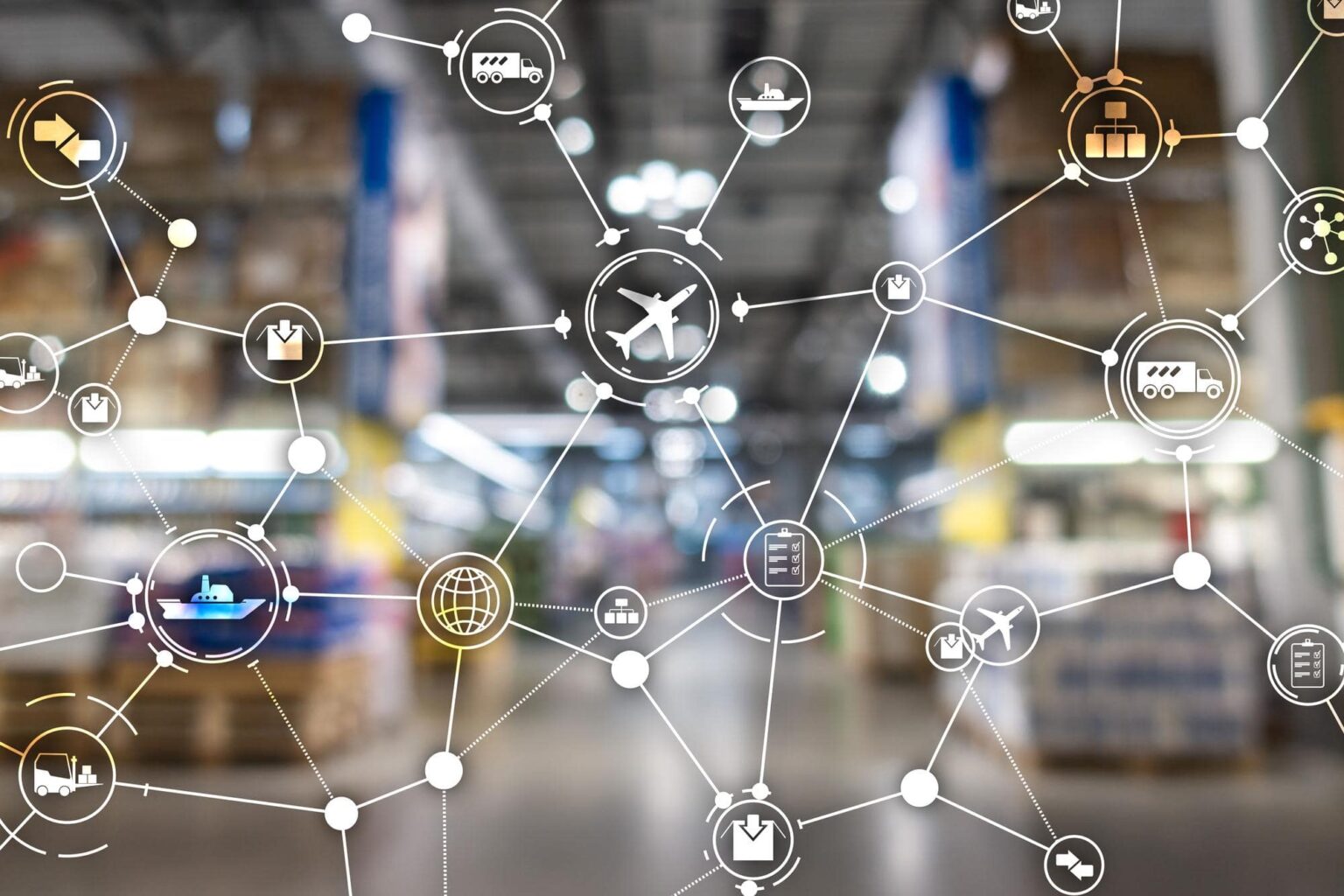Blockchain technology has the potential to transform supply chains by enhancing transparency, traceability, and trust among participants. Here’s how blockchain can benefit supply chain management:
- Transparency and Visibility: Blockchain provides a decentralized and immutable ledger where all transactions and data are recorded in real-time. This transparency allows supply chain participants to have a clear view of the entire process, from the origin of raw materials to the final product delivery. Each transaction recorded on the blockchain is visible to all authorized participants, enabling greater transparency and reducing the risk of fraud or manipulation.
- Traceability and Provenance: Blockchain enables end-to-end traceability and provenance of goods throughout the supply chain. Each transaction recorded on the blockchain includes details such as the date, time, location, and parties involved. This information creates an audit trail that can be used to verify the authenticity, quality, and journey of products. By tracing products back to their source, supply chain participants can identify and address issues such as counterfeit products, ethical concerns, or product recalls more efficiently.
- Supply Chain Efficiency: Blockchain streamlines supply chain processes by automating and digitizing documentation and transactions. Smart contracts, which are self-executing contracts with predefined rules encoded on the blockchain, can automate tasks such as payment processing, order fulfillment, and compliance verification. This reduces paperwork, manual errors, and delays, leading to increased operational efficiency and faster product delivery.
- Enhanced Security: Blockchain technology enhances the security of supply chain data and transactions. The decentralized nature of blockchain eliminates the need for a central authority, reducing the risk of data breaches or tampering. Transactions recorded on the blockchain are cryptographically secured, making them highly resistant to modification. This increased security and integrity of data can help protect sensitive supply chain information and mitigate the risk of counterfeiting or unauthorized changes.
- Supplier and Vendor Management: Blockchain can improve supplier and vendor management by providing a decentralized and tamper-proof repository of information. Verified and validated information about suppliers, such as certifications, licenses, and compliance records, can be stored on the blockchain, ensuring that only authorized and compliant suppliers are engaged in the supply chain. This enhances trust, reduces the risk of working with unverified vendors, and simplifies supplier evaluation and auditing processes.
- Efficient Supply Chain Financing: Blockchain-based supply chain platforms can facilitate efficient supply chain financing and reduce the need for intermediaries. By providing real-time visibility of transactions and asset ownership, blockchain enables faster and more secure financing options, such as supply chain financing or invoice factoring. This can help alleviate cash flow constraints, improve working capital management, and foster financial inclusion for small and medium-sized enterprises (SMEs) in the supply chain.
- Sustainability and Ethical Practices: Blockchain technology can promote sustainability and ethical practices in the supply chain. By recording and verifying information related to environmental impact, fair trade practices, or labor conditions on the blockchain, supply chain participants can ensure compliance with sustainability standards and demonstrate their commitment to responsible sourcing. This transparency and accountability can help build consumer trust and support ethical supply chain initiatives.
Implementing blockchain in the supply chain is a complex process that requires collaboration among stakeholders and consideration of technical, organizational, and regulatory factors. However, the benefits of enhanced transparency, traceability, and trust can lead to more efficient, resilient, and sustainable supply chains in various industries.



